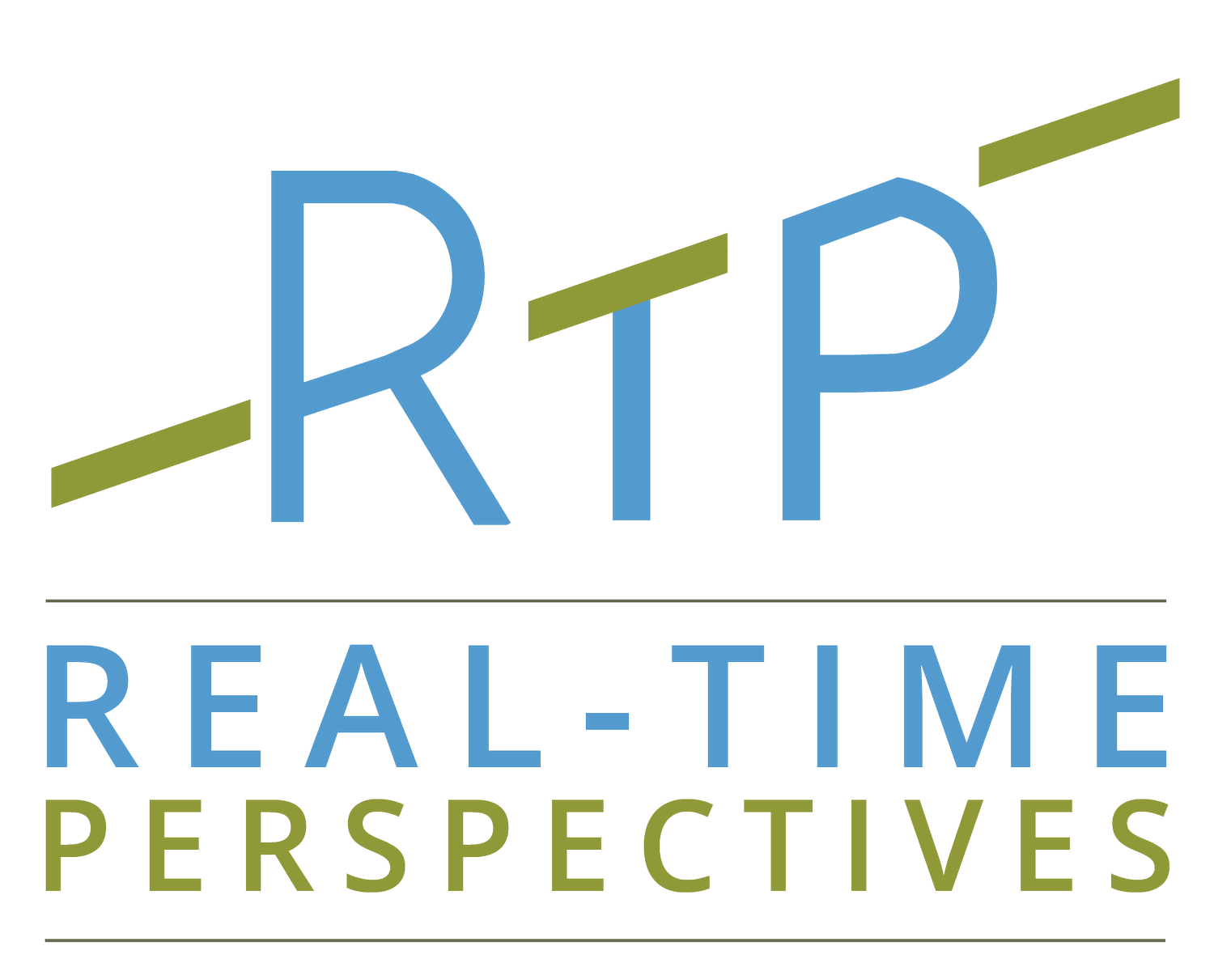Detachment – An Unexpected Positive Tool in your Business Toolbelt!
“I do know that detachment is important. A surgeon can’t be weeping into an empty wound.”
– Randa Haines, Director
“Detachment produces a peculiar state of mind. Maybe that’s the worse sentence of all, to be deprived of feeling what a human being ought to be entitled to feel.” – James Dickey, Novelist
Detachment, in the context of human relationships, can be seen as positive or negative. It’s no wonder. Even the definition of the word has within it both positive and negative connotations – the state of being objective (positive) or aloof (negative).
In my coaching practice, I have found that when I raise the idea of detachment as a way to get through difficult conversations, clients typically default to a negative perspective. They equate being detached with being callous, which they believe could be perceived as “caring less.” So, why go there if you don’t have to? What if we could see detachment only through a positive lens? In what way would doing so improve how we navigate some challenging interactions?
Remaining detached when you have to give someone tough PERFORMANCE FEEDBACK is a truly respectful stance. It allows each of you to focus on what your organizational role and responsibilities require of you without getting hijacked emotionally. Emotional hijacks may temporarily help either side cast blame, but they interfere with (rather than drive) smart thinking about what is needed to achieve business outcomes. When that happens, neither of you has a chance to grow.
The experience of LOSS is another place where detachment can be beneficial. When a close colleague is exited from the organization, that loss may spark feelings of fear, shame, and anxiety, as if it were happening to you. The problem is not that you may have these feelings. Rather, it’s that you taking them on leaves you with less bandwidth to be present with how the situations is impacting your colleague. Inadvertently you may be diminishing what they’re experiencing by making it more about you.
Detachment also provides opportunities to step away from the “dance floor” where you see only what’s around you (a.k.a. “working IN the business”) and transition to “the balcony” (a.k.a. “working ON the business where you can have a very different, more objective picture of the whole*”). This objective view can help you “get out of the weeds” and focus on the BIG PICTURE. The associated critical thinking can ultimately lead you to make meaningful improvements to the “dance floor” experience.
Only you can judge if using detachment, in various work-related interactions, equates to callousness, or “caring less.” In most circumstances, it’s more likely that detachment will equate to “caring more.”
*Based on the work of Ron Heifetz and Marty Linsky, Leadership the Line: Staying Alive Through the Dangers of Leading, Boston: Harvard Business School Press, 2002.
